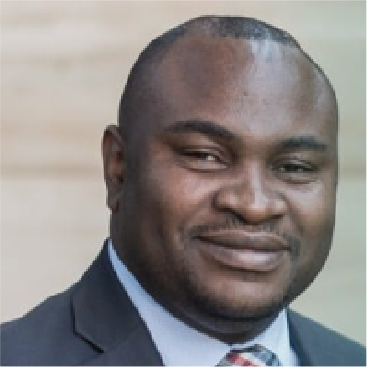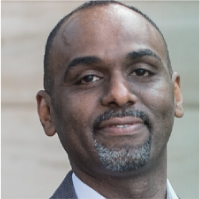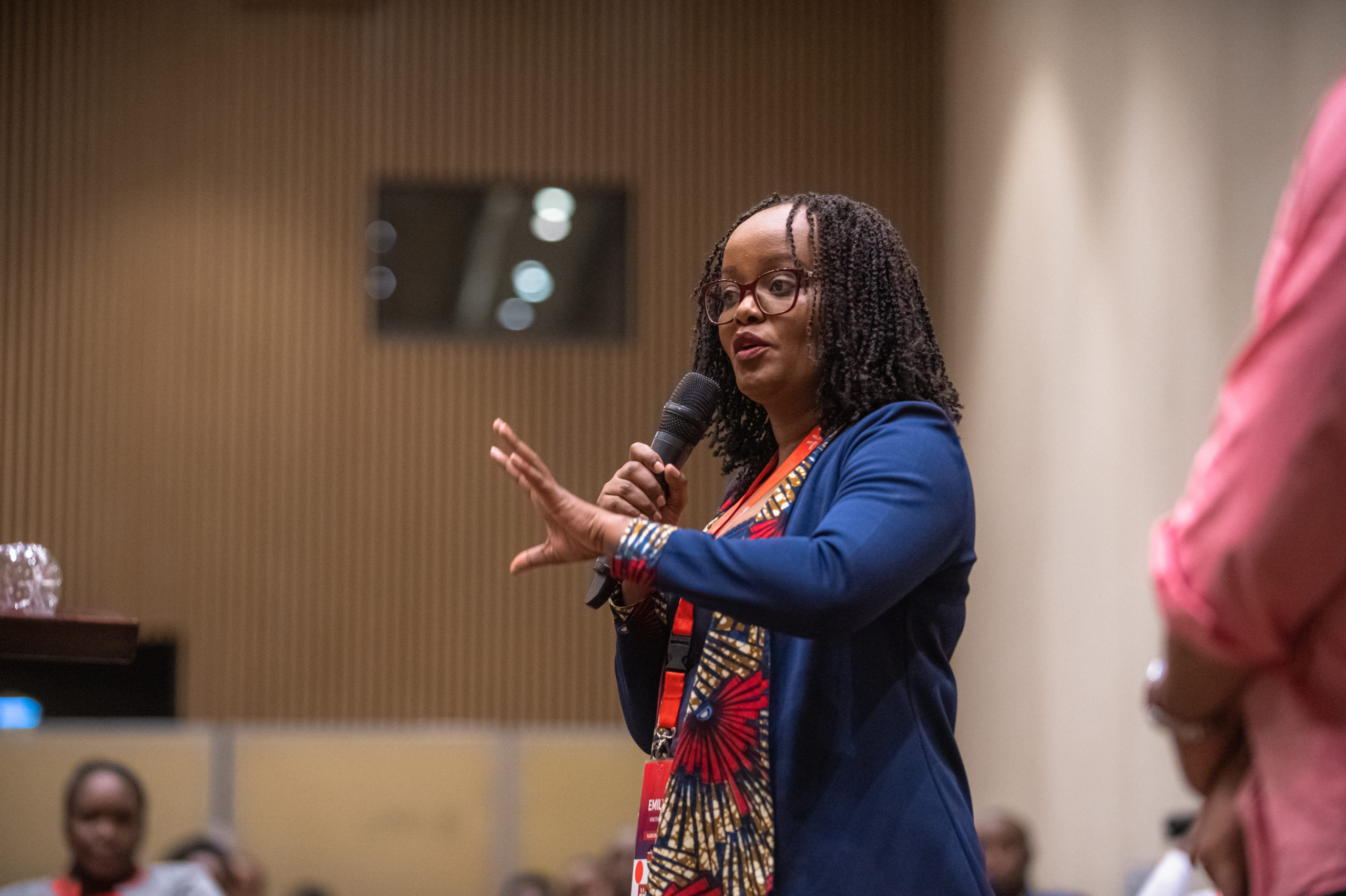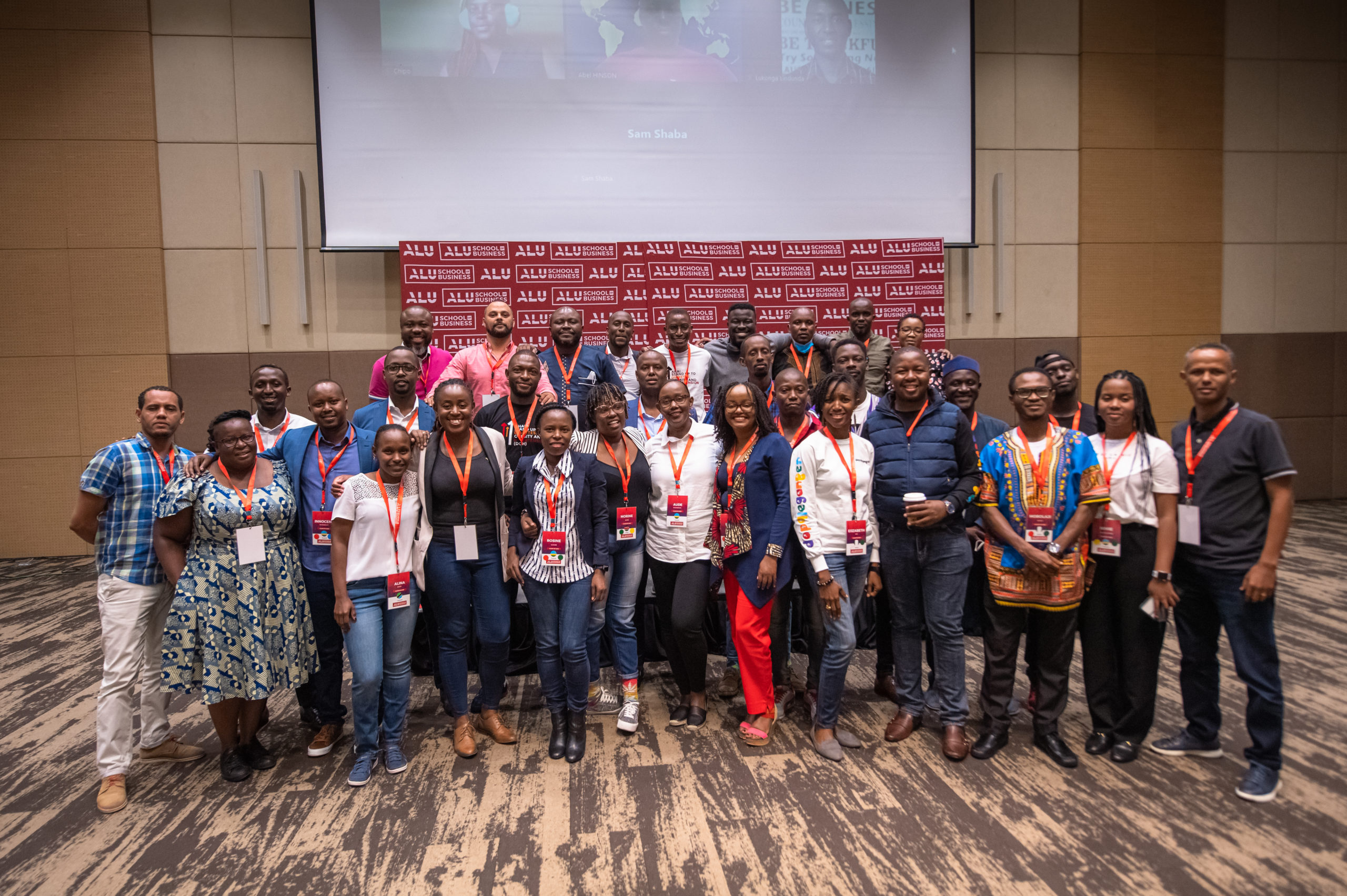By
Modupe S. Taylor-Pearce, PhD
“Education is the most powerful weapon which you can use to change the world.” Nelson Mandela
In the first half of 1990 I joined the Republic of Sierra Leone Military Forces (RSLMF). It was a largely ceremonial army, and its lack of preparedness for combat was illustrated by the fact that I never once fired a gun or rifle during RSLMF basic training. In the latter half of 1990 I became the first Sierra Leonean to be admitted into the United States Military Academy (West Point), a school of leadership. The purpose of West Point was to “produce leaders of character who will serve the common defense”. At West Point, we were exposed to a plethora of leaders – leaders with whom we interacted on a daily and weekly basis – captains, majors, colonels, generals, and of course, our fellow cadets. We were thrust into leadership positions – leading individuals, leading teams, leading squads, and leading peers. We were graded on leadership every semester. I saw leadership quality ranging from good to excellent at West Point.
I saw leadership quality ranging from good to excellent at West Point.
Barely 4 months after graduating from West Point, I was thrust in the middle of civil war in Sierra Leone. (I often wonder whether, if I had known this, I would have still agreed to join!) The RSLMF, unprepared for the war, was struggling to deal with a rag-tag band of mostly under-age and under-trained fighters that constituted the Revolutionary United Front (RUF). During the war I saw a whole new range of leadership quality in the RSLMF: from good to absolutely horrible. I saw leaders steal from their soldiers, refuse to show up to work, and get drunk while on duty. One of the memories I will never forget is having to personally bury six young soldiers in my battalion who were killed by friendly fire due to the incompetence of their company commander who, in a drunken stupor, had foolishly led his men into a night ambush set by soldiers from another company in the same battalion. I learned that when leaders are derelict in their duty, it is the people they lead who suffer the most.
I learned that when leaders are derelict in their duty, it is the people they lead who suffer the most.
A decade after leaving the army, I was flying around the world, working for a consulting company that specialized in turnarounds (helping companies that were struggling financially or operationally to achieve rapid and significant improvements in performance). Invariably the interventions we made were focused on leadership. Whenever a company was struggling, there was something that the company’s leader was doing (or was not doing) that directly related to the poor performance of the company. I saw once again the manifestation of the quote by Professor Stephen Adei: “Leadership is the cause; all else is effect”. Aside from learning how to quickly and proficiently analyze and diagnose companies based on their operational and financial key performance indicators, I also became adept at diagnosing leadership challenges and opportunities and found that I enjoyed the process of developing leaders. I was given the opportunity to train leaders from every country in Europe and North America, and enjoyed an exciting and rewarding mini-career in this field.
“Leadership is the cause; all else is effect” – Professor Stephen Adei
In the mid-2000’s an African-American friend of mine challenged me with the simple question: “Modupe, what are you doing in America?” He asked me this question while we were on a mission trip together in Sierra Leone (his first trip to the country). I was momentarily stunned by the question, because this was not just a getting-to-know-you question from a stranger; this was a penetrating question from one of my closest friends who knew me well, and knew what I did for a living. After I mumbled an incoherent answer (that he probably did not hear), he expounded on his question: “I mean, you are needed so much more here (Sierra Leone) than you are needed in America. What are you doing in America?” I realized that he was right. Here I was, an African, the recipient of world-class training and education in business leadership and management, dedicating myself to improving leaders in a country that already had some of the best leadership development resources in the world, while my own country and my continent were suffering from leadership and management capacity deficiencies. It did not take long for me to convince my family to move with me to Sierra Leone, where I established a leadership and management training company to develop and train leaders, taught an MBA class part-time at the local university, coached executives, and trained thousands of students and underprivileged people in the fundamentals of good leadership through a non-profit company that my wife and I established. My goal, when I left the USA to return to Africa and Sierra Leone in 2010, was to create a million new jobs for Africans in the next 20 years, and 100,000 jobs for Sierra Leoneans within the next 20 years. My vision was not to create those jobs directly, by establishing companies that would hire a million people, but indirectly, by training, developing, educating, and equipping current and future African business leaders who would go on to create a million – or more – new jobs on the continent.
My goal, when I left the USA to return to Africa and Sierra Leone in 2010, was to create a million new jobs for Africans in the next 20 years.
Six years after returning to Africa, I found myself running significantly behind schedule in my goal to create a million jobs. While I had developed Sierra Leonean business leaders and enhanced the capacity and education of a growing number of Sierra Leonean business professionals by leading executive training and coaching services, teaching MBA classes, writing a leadership book featuring successful Sierra Leoneans, and through many other leadership training and development initiatives and actions. But I had accomplished these things in Sierra Leone. I had not yet moved the needle on impacting the rest of Africa, and I was lagging behind on my objective of creating one million jobs for Africans.
And along came Fred Swaniker and ALU (African Leadership University.
The vision that Fred shared with me was almost identical to mine. ALU was born out of a recognition that: (1) Africa needs a significant number of leaders of competence and character to change the narrative of Africa, create the enabling environment for economic growth, and create jobs; and (2) the current crop of African political leaders cannot be relied upon to be the ones to develop or cultivate these leaders of competence and character because it is not in the interests of the current leaders to develop the continent’s future leaders. Here I was, sick and tired of hearing about Africa in a negative light, patriotic to the bone, being invited to join an army of educated, passionate Africans determined, against all odds, to change the trajectory of Africa and turn our tales of woe into stories of shouts of yea through the miracle of quality education. Access to quality education, this fundamental human right, has been denied to millions of Africans for the past century, first by slave masters, then by colonial masters, and then by their own people. It was clear to me that ALU was the engine that would enable me to achieve the vision of creating a million jobs in Africa by 2030. I jumped at the opportunity to become the inaugural leader of the ALU School of Business (ALUSB).
it is not in the interests of the current leaders to develop the continent’s future leaders.
How is ALUSB (www.alusb.com) going to create a million (and more) new jobs in Africa by 2030? By solving a significant problem that businesses operating in Africa all share. All businesses / corporations in Africa are hampered in their growth by one common problem: an inadequate pool of competent business leaders at all levels of the organization. By “business leader”, I do not mean “Managing Directors”; I mean people at ALL levels of the organization. Good business leaders are good at controlling and directing the resources that are under their control to achieve a goal (management), and they are effective at successfully influencing resources (people, capital, energy, etc) that are not under their control, uniting them towards a common vision, and leveraging them to achieve that vision (leadership).
Good business managers are not always good business leaders. Good business managers are good at controlling and directing the resources that are under their control to achieve a goal, but may not be effective at influencing resources not under their control. This is a key difference; good business leaders are critical for significant business success and transformative growth.
Good business managers are not always good business leaders.
Imagine a small Ethiopian clothing manufacturer that has successfully established and gained market share in Ethiopia and wants to expand to Kenya or another African country; what does the owner of that company need? It needs a business leader to send out to establish a new branch. What about a Tunisian IT hardware supply company that recognizes an opportunity to expand into IT services; what does the Managing Director of that company need to make it happen? A good business leader! The inadequate supply of competent business leaders of character forces many African companies to abandon visions or eschew opportunities for expansion despite the market need, simply because the owner or manager has nobody that can be entrusted with the responsibility, and he/she has only 24 hours in a day and cannot afford to stretch himself/herself too thin. As such companies do not grow as fast as they should, and without such growth, they cannot create the jobs needed on the continent.
The inadequate supply of competent business leaders of character forces many African companies to abandon visions or eschew opportunities for expansion despite the market need…
ALUSB has designed a first-of-its-kind, pan-African Masters in Business Administration (MBA) programme that is world-class in its content, distinctly African in its application, current in its delivery method and learning methodology, and invaluable in its pan-African network. Students admitted into this programme benefit from instructional programmes provided in collaboration with online learning platforms from Harvard Business School, Wharton Business School, McKinsey Academy and The Drucker Institute. All of this is augmented with specific modules about doing business in Africa, delivered by the stars of African business and business education. The students receive this benefit without having to take a sabbatical from their jobs, and without having to break the bank – the cost is a fraction of the cost of attending many of the comparable premier business schools in the world. No more do managers looking to improve their leadership skills have to choose between their education and their family. No more do companies have to worry that sending their star managers away for an MBA will cause them to lose their best and brightest. With ALUSB’s MBA (and the Executive Education) programmes, corporations operating in Africa and professionals working in these corporations finally have a solution to a problem that has dogged them for decades: a proven approach to help them transform themselves and their people into competent business leaders of character.
What we are doing at ALUSB has never been done before in Africa. Like the commanders of the starships in the Star Trek series, we are “boldly going where no one has gone before” – into the frontiers of education and leadership development. The journey to make this vision a reality is fraught with risks, and is not for the faint-hearted. There are significant obstacles to be navigated, and the solutions to those obstacles require the use of some resources that are not within ALUSB’s sphere of control. However, this is exactly why I am here – at ALUSB – leading the charge. I do not have all the resources at my disposal. I do not even know all the resources that will be needed over the next few years. However, I do know that we have a phenomenal team of competent, passionate professionals, dedicated to making this vision a reality; we are adding to the team every week, as more professionals (Africans and Africans-at-heart) buy into the vision and recognize the need to become a part of something greater than themselves. In this vein, all of us at ALUSB are leading Africa. And I am honored to have the opportunity to lead one team of brave leaders into another battle. This time—a battle for the continent’s future prosperity.






